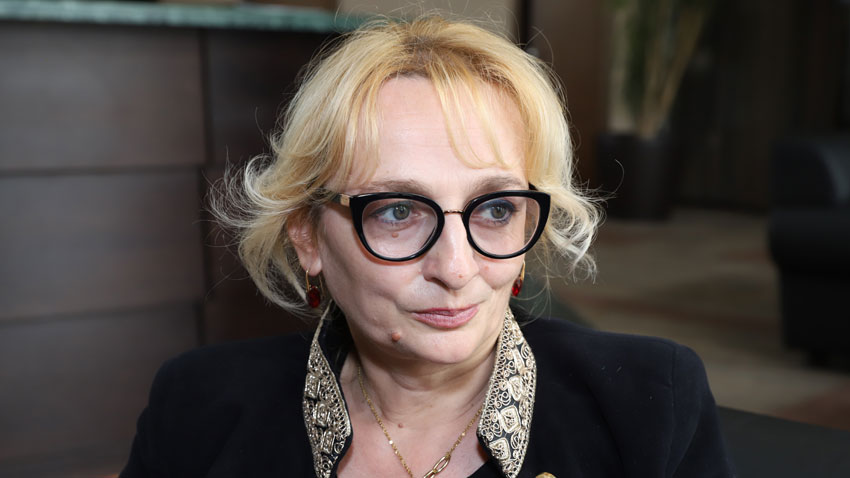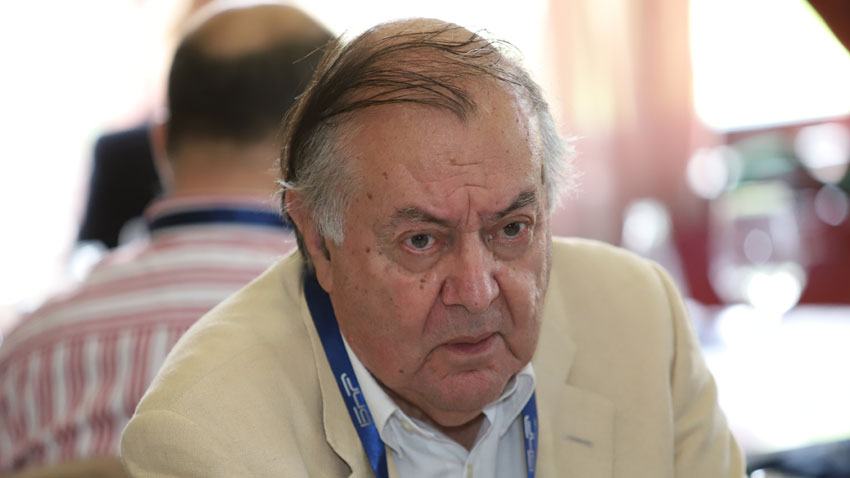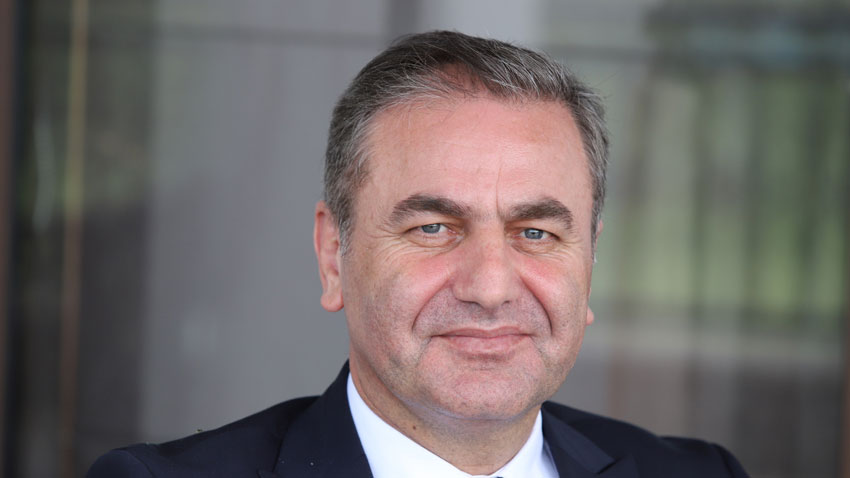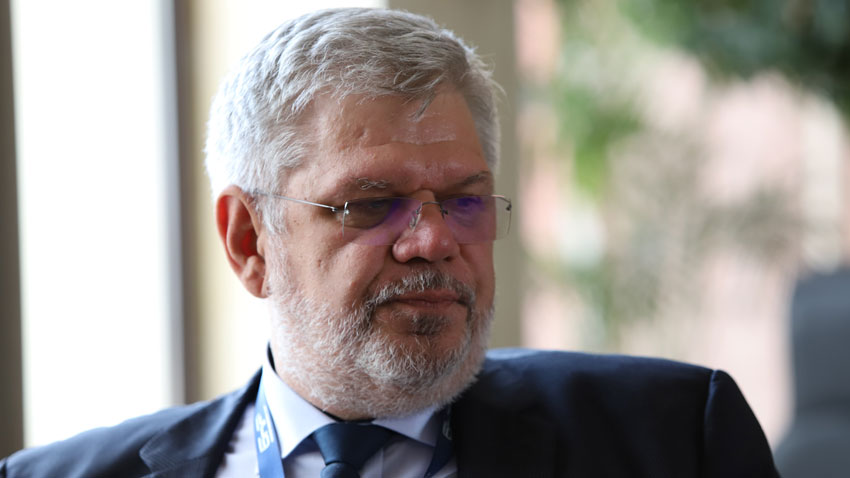Under-financing, digital development, engaging the young audience – these are the challenges all public service media in Southeastern Europe face. This was made clear at a forum, organized by the Bulgarian National Radio.
For Radio Bulgaria, the directors of public service media in the Balkans commented current problems in the media environment.

“As we all know the role of public service media is to serve the citizens. That is why it is inadmissible to have any outside interference whatsoever in editorial policy, wherever it might be coming from – government or opposition. Public service media must keep the same distance from the former and the latter,” says Andrijana Kadija, Director-General of Radio Television of Montenegro (RTCG).
“The idea is to discuss a better cooperation in this region where ERT has been doing pioneering work,” said for Radio Bulgaria Vassilis Kostopoulos, CEO of Greece’s public service broadcaster ERT.

“I am a big friend of the BNR,” he said and added, “We have excellent relations with the BNR and frequently hold the same positions on European issues. We have been working together with other neighbouring countries, but with Bulgaria we have a traditional friendship. Around 12 years ago we organized an initiative aimed at establishing a closer relationship among public service media in Southeastern Europe and the Balkans – from the Black to the Ionian Sea. The countries of this region have been coming up against the same problems, and that is why we set up, together with the BNR, a steering committee for creating some programmes. Of course, they need funding but even though these countries are not among the wealthiest in Europe, we managed to organize quite a few conferences, like the ones in Varna, Greece, Croatia, Kiev and Odessa. This is an effort we want to bear fruit.”
What are the principal challenges public service media face in our day?
“The biggest problem is that we live in a society where there is a lot of competition, and it is not always fair, between public service and commercial media,” says Vassilis Kostopoulos. “This is the environment the media have been trying to function in, upholding, in the best way they can, their values – a high standard of information, a high-standard of entertainment and high-standard programming. And what is most important – public service media stand up for the truth.”
“The foreign language service of a public service radio helps countries become friends, not enemies,” says Tuncay Yürekli, Director-General of the Turkish Radio and Television Corporation (TRT). What is the place of the Bulgarian language service within the TRT?

“Via the Internet we broadcast in 41 languages and it is our aim to bring good relations to the fore. In light of this, one of the elements of our good relations is the TRT Bulgarian language service. I am happy to say that our colleagues from the Bulgarian language service are very committed and have been making every effort to consolidate these contacts. The great diversity of languages helps us promote cultural solidarity so as to overcome some problems.”
With its 6 national and 9 regional channels, 4 orchestras and 2 choirs, as well as Radio Romania International in 12 different languages, the Romanian Radio Broadcasting Company lives up to its important public service mission – to inform and to educate.

In the digital age, public service media face very similar problems. Georgica Severin pointed to an ageing audience as problem No. 1, because young people opt to use digital channels and social media. This gives rise to the problem of the younger generations being cut off from public service media as a corrective, offering trustworthy and balanced information. Another problem the Romanian radio faces is a problem for all public service media in Europe – financing. It has an annual budget of 80 million euro, and has a staff of 2,000 and another 700 working freelance. The underfinancing of public service media is a problem that will grow worse in the long term.
“It must be clear that the future belongs to multimedia, mobility and fast access to information,” Georgica Severin says. “Public service media will develop into something that is more than radio and television – into an organization at another level, with the entire wealth of communication channels and platforms.”
In this context, what kind of cooperation can public service media in the Balkans maintain?
English version: Milena Daynova
Photos: Annie PetrovaOver 3.5 million Ukrainians have arrived in or passed through Bulgaria since the beginning of the war. Nearly 200,000 people have found temporary shelter in the country, announced Anna Tertychna from the Ukrainian Embassy in Bulgaria. She..
At the Bulgarian Embassy in London, Prof. Bettany Hughes presented excerpts from the new BBC series - Wonders of Bulgaria. Prof. Bettany Hughes is the author of two episodes of the documentary. Hughes is a historian, writer, author of..
According to the Annual Report on the Health Status of Bulgarian Citizens for 2023, t he main cause of death in Bulgaria is diseases of the cardiovascular system (61.1%), followed by oncological diseases (16.5%) and diseases of the respiratory system..
An innovation for the treatment of diabetic foot ulcer using the patient's own tissue and artificial intelligence has been implemented at the University..
Over 3.5 million Ukrainians have arrived in or passed through Bulgaria since the beginning of the war. Nearly 200,000 people have found temporary..
At the Bulgarian Embassy in London, Prof. Bettany Hughes presented excerpts from the new BBC series - Wonders of Bulgaria. Prof. Bettany..

+359 2 9336 661
